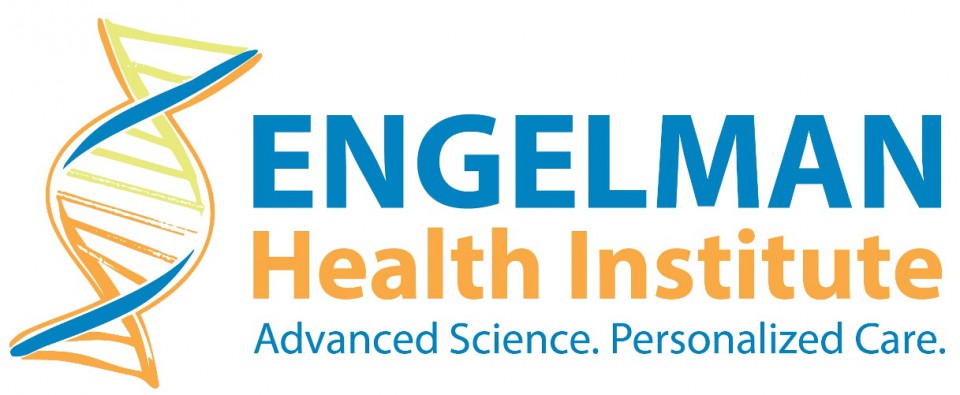Tags
#HealthyAging, #Obesity, Addiction, Cardiovascular Disease, Cholesterol, Food Addiction, obesity
Food Addiction-“I can’t stop myself!”
So many of my patients and people I know who are obese say the following, “If I  know there is ice cream in the fridge and it’s 8 o’clock at night and I’m watching television, I can’t stop myself from going to the fridge and eating the ice cream.” Recent studies show there is scientific justification behind this behavior. This is recently being called “food addiction.” This road to obesity is generated by neurological pathways. I will attempt to simplify as much as possible.
know there is ice cream in the fridge and it’s 8 o’clock at night and I’m watching television, I can’t stop myself from going to the fridge and eating the ice cream.” Recent studies show there is scientific justification behind this behavior. This is recently being called “food addiction.” This road to obesity is generated by neurological pathways. I will attempt to simplify as much as possible.
There are a number of areas in the brain responsible for reward and feeling good. They are, for the most part, affected by a neurotransmitter called Dopamine. Dopamine has many effects, but the one we are most interested in, for this specific discussion, is pleasure. Drug abuse, alcohol addiction, and certain types of obesity can be understood as resulting from habits that strengthen with repetition of the behavior. They become harder for the individual to control despite their potential catastrophic consequences. “Consumption of food, other than for hunger, and some drug use are initially driven by their rewarding properties. In both instances this involves activation of Dopamine (DA) pathways. There are at least 4 systems at work with these addictions:
- “Reward/saliency circuit.” This circuit is controlled through a number of brain areas. This circuit affects our response to both positive and negative reinforcers. This normally encourages behavior likely to result in good outcomes while avoiding outcomes that could result in punishment. In obesity, as a result of this neuro-circuit, the person would be less likely to be motivated to abstain from eating, because positive reinforces (physical activity and social interaction) are less exciting and negative consequences (ex. gaining weight, diabetes) seem less significant.
- Disruption of the “inhibitory control/emotional regulation circuit.” This is the impairment of the individual to exert control and emotional regulation. There are positive and negative Dopamine Receptors. Positive receptors and send signal to continue the behavior. Negative receptors send inhibitors signals, which should slow down or stop the behavior. Less negative Dopamine receptors make it very difficult for addicts to not engage in harmful behavior when presented with the temptation.
- Involvement of “memory/condition/habits circuits.” This essentially means that circuits are formed with repeated behavior. For example, an alcoholic walking into a bar or an obese individual watching TV at night associated with eating a bag of potato chips. These stimuli trigger automatic responses that frequently drive harmful behavior, even in people who are motivated to lose weight!
- “Motivation/drive and action circuits.” This circuit is involved both in executing the act and inhibiting it. The actions of this circuit are dependent on the information provided by the other three neuro-circuits already described. When these circuits are all functioning in a harmful way the subject could act in a reflexive fashion. (No conscious control) This could explain why drug addicts report taking drugs even when they were not aware of doing so and why obese individuals have such a difficult time controlling their food intake. They may eat food compulsively even when it is not perceived as pleasurable.
“Clinical significance. Treatment of obesity.”
This model has therapeutic implications, for it suggests a multi-prong approach that targets strategies to: decrease the rewarding properties of the problem reinforce (drug or food); enhance the rewarding properties of alternative reinforcers (i.e. social interactions, physical activity); interfere with conditioned learned associations (i.e. promoting new habits to substitute for old ones); and strengthen inhibitory control (i.e. biofeedback), in the treatment of drug abuse/addiction and obesity Volkow et al. (2003b).”
This is continued from our previous blog! We link each one of these to how EHI integrates YOUR personalized weight-loss program.
- Depression In Obesity
- Addiction as a Contributor
- Resistance to Fullness
- Positive Reinforcement
Be sure to continue to follow us as we bring you the next two topics!





















